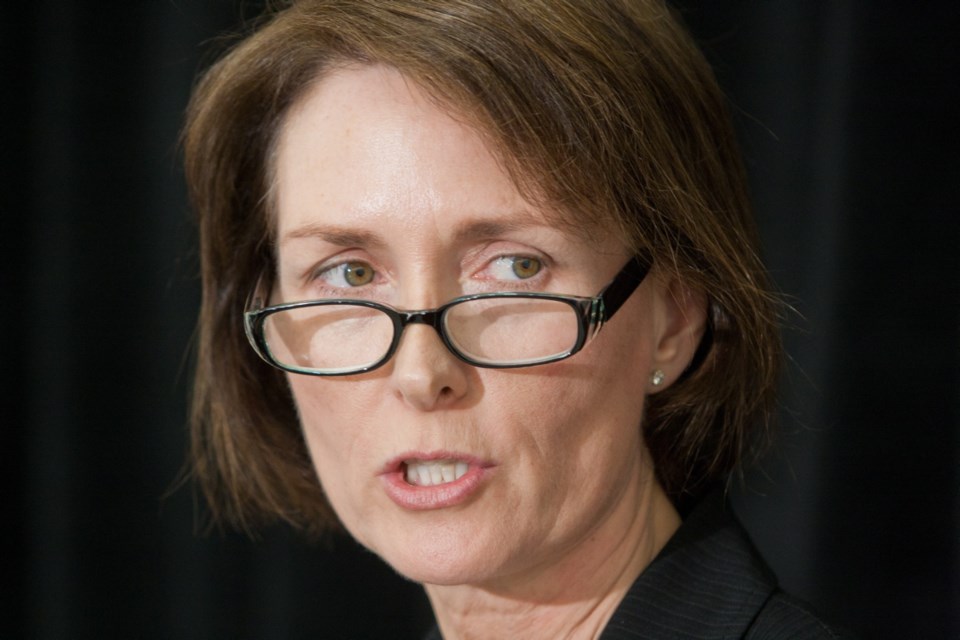Child welfare advocates, union representatives and policy analysts say while the B.C. government has delivered a balanced budget, the gap between the rich and the poor will continue to grow without any new poverty reduction strategies or innovative services for the province’s most vulnerable.
“We may be heading into the black, but the inequalities in British Columbia, the gulfs are growing,” said Mary Ellen Turpel-Lafond, B.C.’s representative for children and youth.
“Affordability in B.C. is a very significant issue and this budget doesn’t go very far to address that for low income or even middle income British Columbian families.”
Also missing from the budget, Turpel-Lafond said, are increased resources for special needs students in classrooms, programs for children and youth with mental illness and added supports for First Nations families.
Irene Lanzinger, president of the B.C. Federation of Labour, urged the B.C. government to increase the minimum wage to $15 an hour to address income disparity.
“What’s wrong with this budget is it gives more money to the top two per cent and no money to the hundreds of thousands of workers working at minimum wage or just slightly above,” she said. “Those people on minimum wage are working full time and living in poverty.”
Wealthy British Columbians will get a $200-million break later this year as the government ends the two per cent income-tax hike on people earning $150,000 or more. Finance Minister Mike de Jong said the government is committed to keeping its promise that the temporary increase announced in 2013 would only last two years.
De Jong pointed out that British Columbians earning less than $122,000 pay the lowest income tax in Canada.
Lanzinger said the children’s fitness equipment tax credit, worth $12.65 per child annually, and the $660-a-year childcare credit that kicks in on April 1, are just “nibbling at the edges.”
“If we really want to have something that was of enormous benefit to middle income earners, we’d have a childcare program. At the low income and middle income, we’re not providing supports.”
University of Victoria social policy expert Michael Prince said the government delivered a cautious “steady-as-she-goes” budget with “not much of the way in bold vision or imagination here or innovation.”
He said the government shows no signs of adopting a bold poverty-reduction strategy similar to what has been done in other provinces.
“In the speech from the throne last week, there was nothing on homelessness or housing or seniors, no real social vision. I’d say there’s a teeny bit more in this budget,” Prince said. “This is a government satisfied with balancing the books and not much else.”



